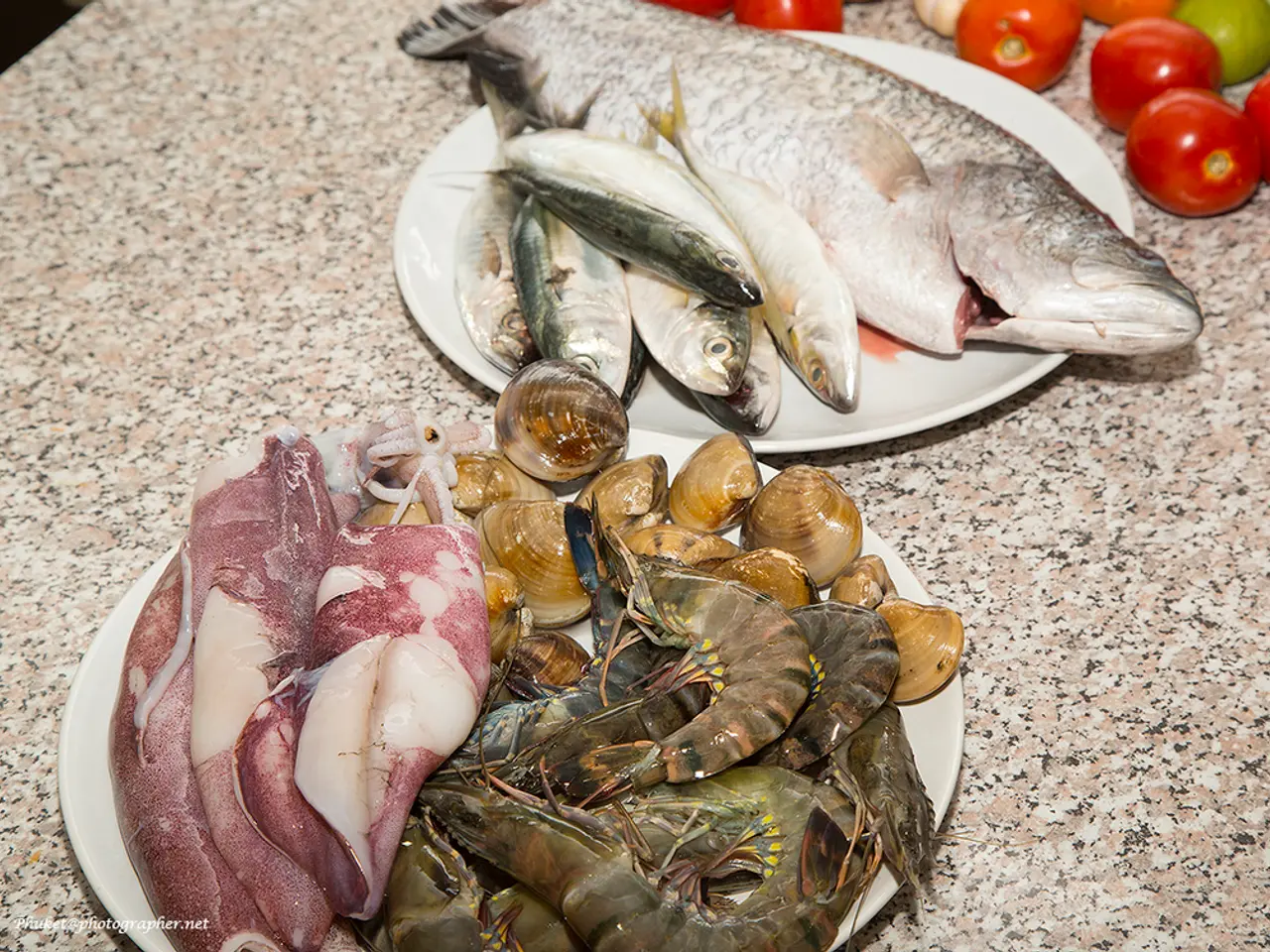Re-phrasing the headline: Revising SLH activities: Offering a different perspective
In a unique and engaging project, six teachers from four schools, spanning year levels 3 to 10, delved into the study of terrestrial food webs on their school grounds. This initiative, spearheaded by year 7 and 8 teacher Cath, aimed to enrich students' understanding of ecosystems by fostering cross-context learning.
Identifying Terrestrial Food Webs
The project began with students exploring the food webs present on their school grounds. They identified different organisms and their roles within the ecosystem, categorising them as producers (plants), consumers (animals), and decomposers (like bacteria and fungi).
Analyzing Ecosystem Interactions
By studying the interactions within both marine and terrestrial ecosystems, students appreciated the similarities and differences in how species interact and depend on each other. This reinforced the concept that ecosystems are interconnected systems.
Conservation and Management
Understanding local ecosystems can inspire students to participate in conservation efforts. Students in this project organised clean-ups, planted native species, and established wildlife-friendly habitats on school grounds.
Benefits of Cross-Context Application
This approach offered numerous benefits. Students gained a deeper understanding of how ecosystems function universally, regardless of their location. They recognised that principles of ecology, such as food chains and nutrient cycling, apply across different environments.
The cross-context application also developed critical thinking skills, as students compared and contrasted marine and terrestrial ecosystems, adapting concepts learned in one context to another. Furthermore, it fostered environmental engagement, as students saw the relevance of ecosystem principles to their immediate surroundings.
By the end of the activity, students were able to understand the difference between a food chain and a food web, explain the components of food webs, and build their own food webs. Cath, the teacher who led the project, noted that it broadened students' thinking, encouraging them to think wider and deeper about the interdependence of organisms in an ecosystem.
In conclusion, this project, which involved applying knowledge from a marine food web activity to school grounds, has proven to be a valuable tool in enriching students' understanding of ecosystems and fostering cross-context learning. It contributes to a more holistic understanding of ecosystems, which is crucial for addressing environmental challenges effectively.
In the enriching project, students expanded their learning beyond marine food webs, delving into terrestrial food webs on their school grounds to foster cross-context understanding of ecosystems. By identifying producers, consumers, and decomposers within terrestrial food webs, they strengthened their education-and-self-development in science, reinforcing the connectedness of ecosystems.
Additionally, as they recognized the similarities and differences in species interactions between marine and terrestrial ecosystems, students developed critical thinking skills and a deeper appreciation for the principles of ecology applied universally, thereby broadening their science learning and forging connections between learning and the real world (education-and-self-development).




